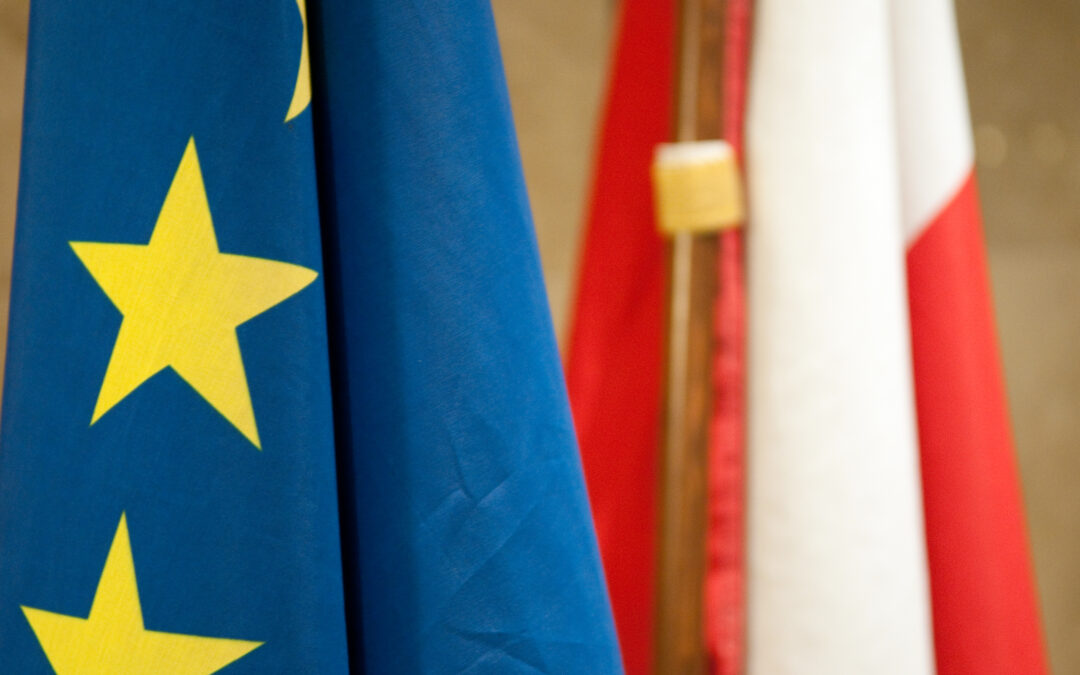If the European Union continues to block billions of euros in funds for Poland as part of its “primitive blackmail” aimed at “forcing a change of government” then Warsaw could seek to replace the money with loans from Asia, says a deputy prime minister.
“We are not responsible for the fact that we have not yet received the funds,” Piotr Gliński told conservative weekly Sieci, referring to around €36 billion in post-pandemic recovery funds for Poland that Brussels has frozen over rule-of-law concerns.
“We have met the conditions, and the money is still blocked,” he added. Warsaw insists it has met the “milestones” agreed with the European Commission to unlock the funds, but Commission President Ursula von der Leyen says that not all the requirements have yet been satisfied.
Gliński said that the EU has “deceived us” and that its actions amount to “primitive – no longer disguised – blackmail aimed at forcing a change of government” in Poland, with the money being “blocked for purely political reasons”. Other government figures have made similar accusations in recent weeks.
The deputy prime minister assured that, even if the European money does not arrive, “we will not abandon the development and investments” that are intended to be funded with it. “Everything written into the National Reconstruction Plan will be implemented regardless.”
Gliński noted that the EU’s pandemic recovery programme is being funded by the bloc borrowing money. So, to replace lost funds, Poland could “consider borrowing money elsewhere. Maybe in Asia? If there are possibilities, you have to consider them”, he told Sieci.
The European Commission notes, however, that by borrowing money on the international markets as a bloc, it is able to secure more favourable rates than most member states could individually.
Main image credit: Michal Osmenda/Wikimedia Commons (under CC BY-SA 2.0)

Daniel Tilles is editor-in-chief of Notes from Poland. He has written on Polish affairs for a wide range of publications, including Foreign Policy, POLITICO Europe, EUobserver and Dziennik Gazeta Prawna.




















